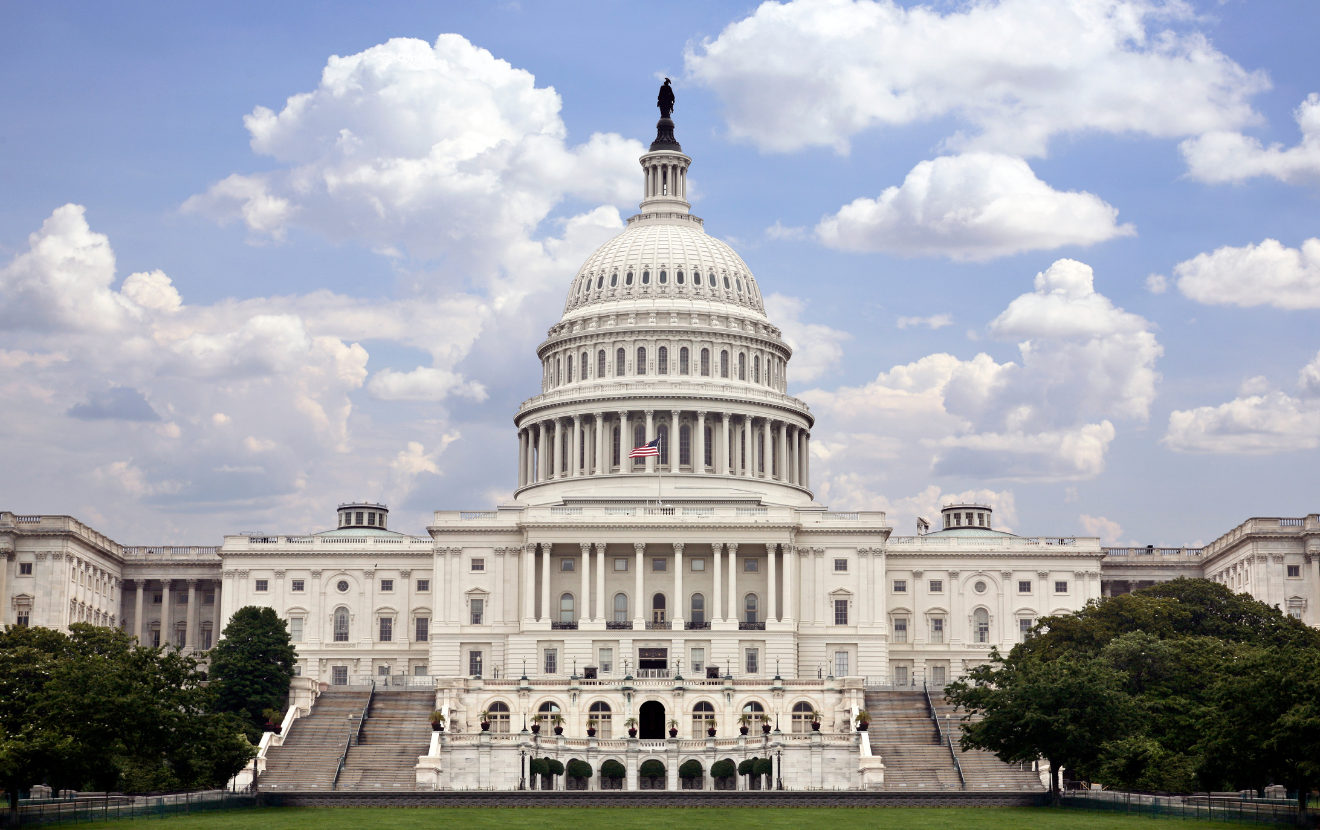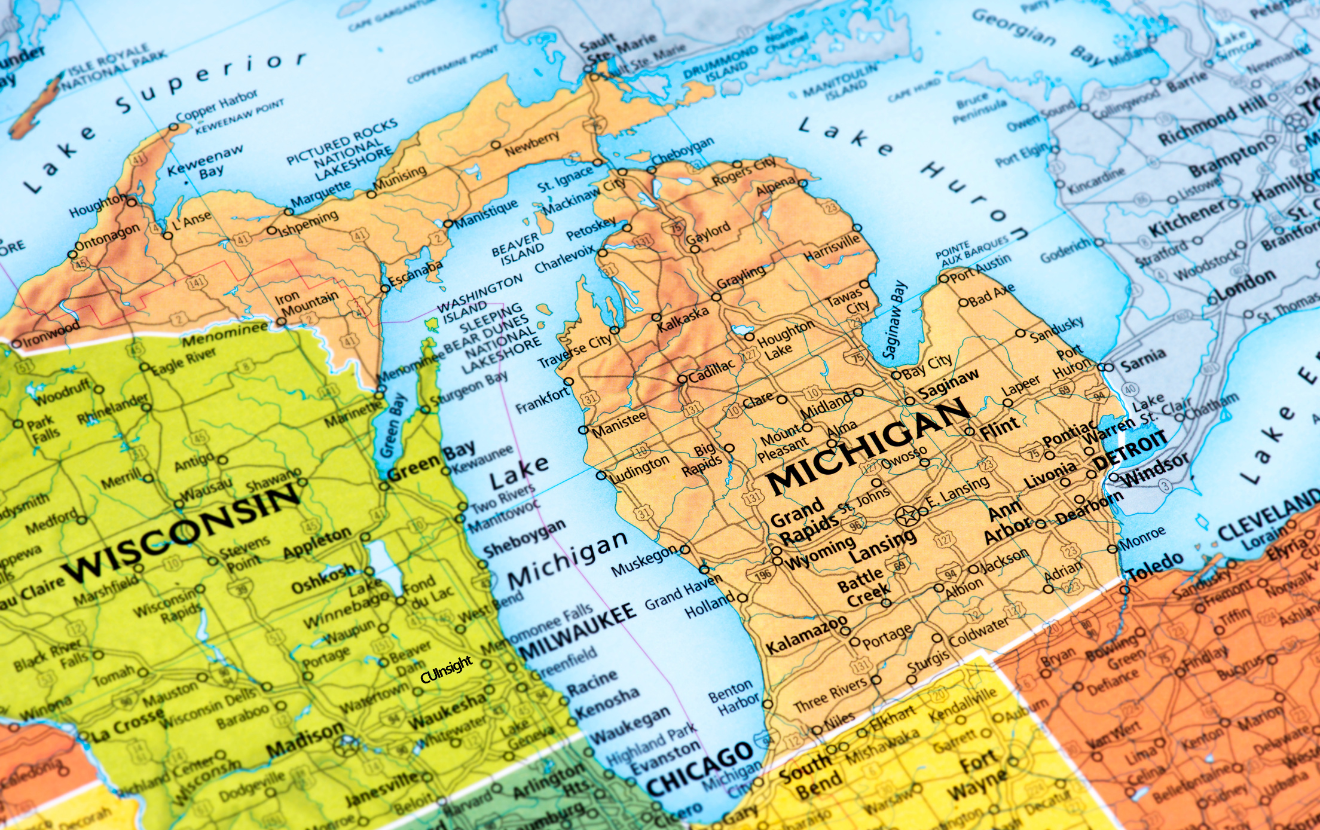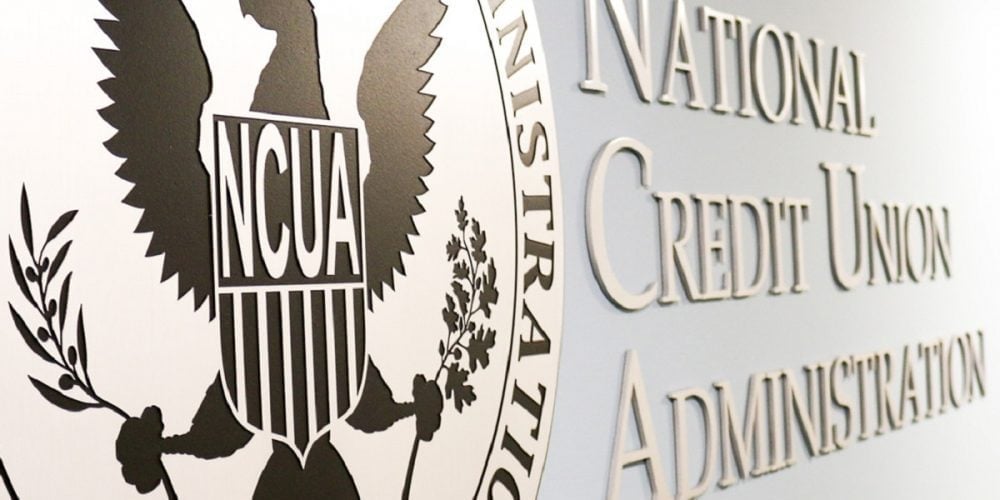 by: Pablo DeFilippi, Membership Director, National Federation of Community Development Credit Unions
by: Pablo DeFilippi, Membership Director, National Federation of Community Development Credit Unions
I wonder if ten years from now we'll be looking back to this time asking ourselves what could have been if the credit union system had taken a more decisive stand to capitalize on the public, widespread anti-bank sentiment. For more than 3 years now, we've been confronted with the biggest opportunity credit unions have had in decades of significantly increasing our market share and repositioning our brand in consumers' minds. Have we done enough? Could we do more?
Nothing is more unpopular than banks now on days...people hate them, particularly the big ones. Banks rank almost as low as airlines in many consumer surveys. According to survey results released by the American Customer Satisfaction Index this past December, credit unions rank at an all time record for customer satisfaction. The ACSI reports that "customers are more satisfied than ever before with credit unions, as the industry’s score soared 8.7% to 87 (on a scale of 0 to 100)—the highest score ever reached by any of ACSI’s 47 industries. In just one year, credit unions have tripled their ACSI lead over banks"
The fallout of banks started long before their bailout, but that was the defining moment that galvanized consumers when they not only stubbornly refused to lend, but found ways to increase every possible fee they could come up with. Bank of America went too far and had to infamously reverse course after announcing that would charge $5 to its debit card users. All this after banks have shamelessly engaged in irresponsible lending practices that left millions out on the streets.
Consumers are angry and looking for safe alternatives and as a result we're seeing the spontaneous emerging of grassroots efforts like "Transfer Day,” "Move your money" and even "Occupy Wall Street".
CUNA reports that credit unions added an estimated 300,000 members in December and about one million members in the fourth quarter, the best growth in more than a decade, as consumers flocked to us as a result of Bank Transfer Day. According to the National Credit Union Administration, Credit Union membership reached an all time high of 91.8 million last year and that 1.3 million Americans opened credit union accounts in 2011 (double the number of new accounts in 2010).
That's nice, but could have been more? Given the media exposure Bank Transfer Day and the Occupy Movement have received, the numbers should have been much larger.
Consider the following findings from Javelin Strategy and Research: 5.6 million U.S. adults with a banking relationship changed providers in the fourth quarter of 2011. Of those switchers, only 610,000 US adults (or 11% of the 5.6 million) cited Bank Transfer Day as their reason and actually moved their accounts from a large to a small institution. Javelin noted that this pace of account closing is "three times the normal rate". In addition, 25% said "they moved their money because their old institution charged too mane fees".
Consumers are feeling the pressure in their pockets and are looking more affordable alternatives but there's a more powerful underlying motivation: to gain a sense of control over their money. Credit unions must connect with these grassroots efforts to support their work and educate consumers that we are the better model.
Regardless of our own political beliefs, we must recognize that many or the arguments raised by the Occupy movements, are core to the our central beliefs. Early on Occupy Wall Street announced some of them: "We envision: [1] a truly free, democratic, and just society; [2] where we, the people, come together and solve our problems by consensus; [3] where people are encouraged to take personal and collective responsibility and participate in decision making; [4] where we learn to live in harmony and embrace principles of toleration and respect for diversity and the differing views of others; [5] where we secure the civil and human rights of all from violation by tyrannical forces and unjust governments; [6] where political and economic institutions work to benefit all, not just the privileged few..."
One of the first actions the Occupy Wall Street organizers took was to open an account at the Lower East Side Peoples FCU, a credit union located less than 2 miles away from Wall Street that was organized in the mid 80's when the last bank serving a 100,000 people community declared them "unbankable" and closed its branch.
We should not be afraid of grassroots efforts, in fact, most if not all credit unions in our country were organized this way, as a mechanism to provide affordable credit to those who didn't have access through the traditional banking system. Occupy Wall Street enjoys the support of millions and continues to grow across the country and across the globe, but it isn't the only one, there are others than represent the solidarity economy
Credit unions are first and foremost not-for-profit financial cooperatives, owned and controlled by their members. We are the viable alternative to an irresponsible and abusive financial system and we keep our members' money local: there's no other better, more effective way to support local communities and economies.
This is our chance to move the needle beyond the 6% market share we've had for the last two decades. This is the time to gain a new generation of members and reenergize our industry. We can't afford to just sit on the sidelines and witness history be made, we must be active participants and help shape it. Our relevance and future is at stake.
Check out www.moveyourmoneyproject.org and http://ussen.org/
Pablo DeFilippi is the Membership Director for the National Federation of Community Development Credit Unions, a national, nonprofit association that represents, supports and invests in credit unions serving predominantly low-income, financially underserved communities. DeFilippi has more than 20 years of experience in community finance working with regulated financial institutions both in the domestic and international arena. www.cdcu.coop
1 The American Customer Satisfaction Index is a national economic indicator of customer evaluations of the quality of products and services available to household consumers in the United States. Data from interviews with approximately 70,000 customers annually are used as inputs into an econometric model to measure satisfaction with more than 225 companies in 47 industries and 10 economic sectors, along with over 200 services, programs, and websites of approximately 130 federal government agencies.
ACSI results are released on a monthly basis, with all measures reported using a scale of 0 to 100. ACSI data have proven to be strongly related to a number of essential indicators of micro and macroeconomic performance. For example, firms with higher levels of customer satisfaction tend to have higher earnings and stock returns relative to competitors. Stock portfolios based on companies that show strong performance in ACSI deliver excess returns in up markets as well as down markets. And, at the macro level, customer satisfaction has been shown to be predictive of both consumer spending and gross domestic product growth.
The Index was founded at the University of Michigan’s Ross School of Business and is produced by ACSI LLC.






